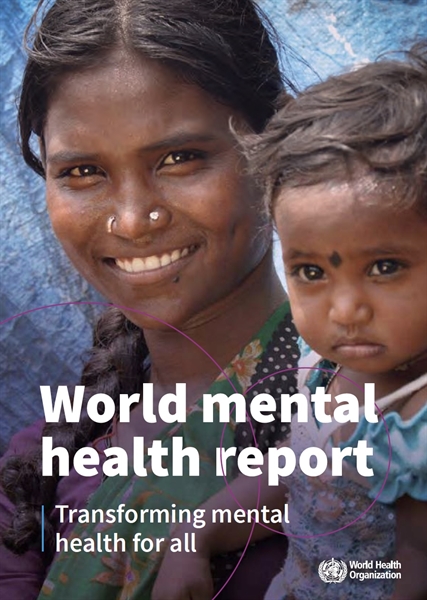The facts are stark. In 2019, nearly a billion people – including 14% of the world’s adolescents – were living with a mental disorder. Suicide accounted for more than 1 in 100 deaths, with most of those occurring before age 50. Mental disorders are the leading cause of disability, causing 1 in 6 years lived with disability. Depression and anxiety went up by more than 25% in the first year of the pandemic alone.
As the report spells out in the first few pages – “business as usual for mental health simply won’t do”.
The role of the workplace
There are also recommendations within this report. Many of these recommendations are not in the clinical domain, and every part of society can draw on them. They include a call to reshape and re-imagine the environments in which we spend our time, so that they better protect our mental health and prevent mental health conditions. It is of no surprise that one of the environments that the WHO prioritises is the workplace. In fact, the word “workplace” was mentioned 48 times in the report. The workplace community is recognised as a place that can be a risk to mental health if not managed properly, but also is an environment that can have an enormous positive impact.
Since the City Mental Health Alliance was founded in the UK 10 years ago, our community of business, experts and industry partners have recognised the huge potential of the workplace. Our ambitious vision is that every workplace will protect, support and create positive mental health. And that vision has caught fire across the world, with the CMHA seeing growth in Australia, Singapore, Hong Kong, India and Portugal. And now we have launched MindForward Alliance to accelerate change globally.
I am privileged to work with business leaders who are re-imagining the world of work to help their people to thrive. In the depths of the pandemic, their commitment to and innovation on this agenda inspired and lifted me. And we have evidence that it is working – a recent CMHA UK study revealed that 50% of employees felt that their employers helped to support their mental health in the previous 12 months. We must build on this.
The important point is that none of these things can be solved in isolation or by accident. More than ever, we require partnerships, relationships and collaboration. Creating a new world of work demands understanding, shared responsibility and an openness to new ideas. It will require us to put people and their wellbeing at the heart of business and job design. We need to share our ideas of what does and doesn’t work across competitor walls and industries. We should review the contracts that we have between clients and suppliers. We must endeavour to involve people from all backgrounds, some of whom have the quietest voices in our workplaces. And we must commit to measuring our progress.
This and more will continue to be a focus for the CMHA and MindForward Alliance. I know that we all want to see evidence of positive change in the next World Mental Health Report. And I promise to do everything I can to help achieve this, through continuing to work together and being radical and relentless in my expectation of myself and my organisation.
Download the full report here .






